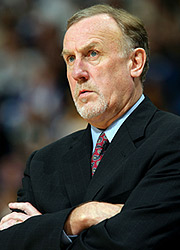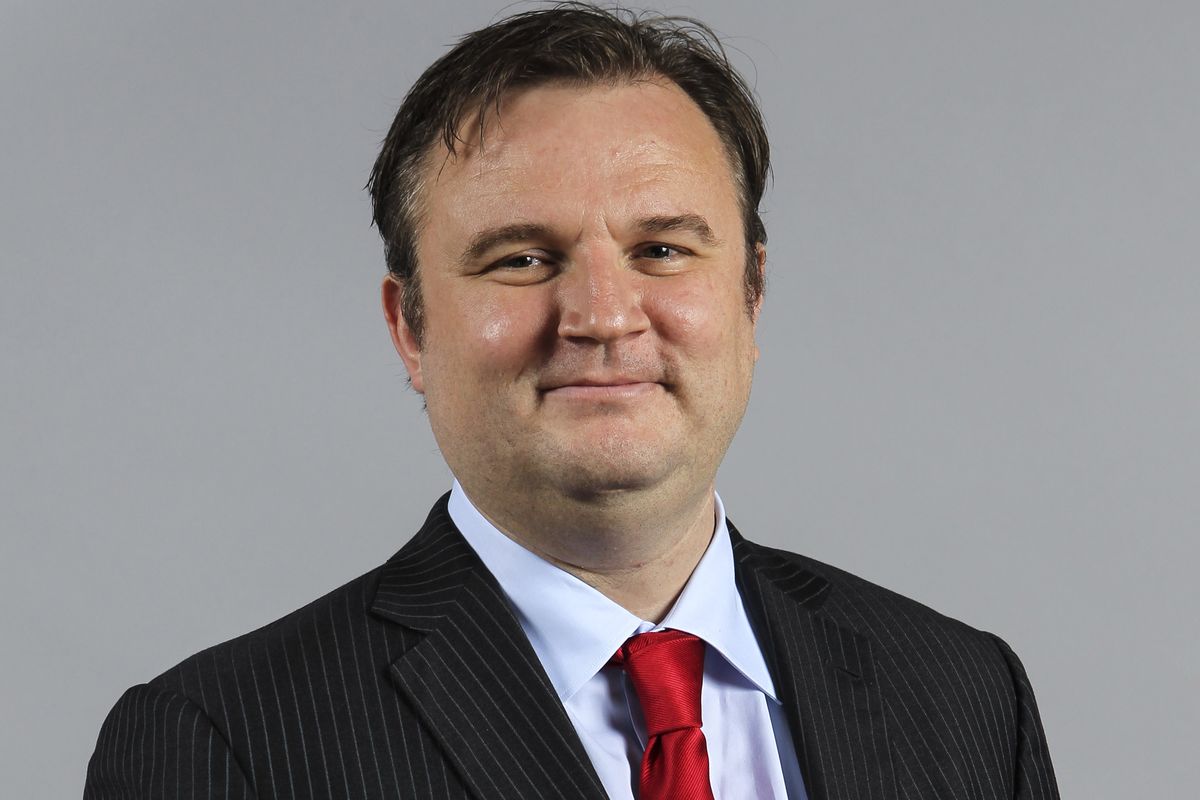 So, the Houston Rockets let Hall of Fame coach Rick Adelman go after yet another season in which the team was reasonably competitive, but again only the third best in Texas, much less the NBA’s Western Conference.
So, the Houston Rockets let Hall of Fame coach Rick Adelman go after yet another season in which the team was reasonably competitive, but again only the third best in Texas, much less the NBA’s Western Conference.
Interestingly, the Rockets’ move has generated polar opposite reactions. The majority view is that Adelman did a good job under difficult circumstances and should not be faulted for the Rockets’ continued mediocrity. After all, in four seasons with the Rockets, Adelman had a 193-135 record, the best winning percentage (.588) of any coach in franchise history. His 945 wins are currently eighth among NBA coaches.
On the other hand, some folks – reflected in this Chris Baldwin’s piece – think that Adelman was a bad fit for a young team trying to develop into a mature NBA contender.
As with many controversies, the truth is somewhere in the middle.
The reality is that both Adelman and Rockets General Manager Daryl Morey have done reasonably good jobs piecing together a competitive team while dealing with the obsolescent team model that they were handed by Rockets owner, Les Alexander.
Alexander – who is viewed by the mainstream media as a competent owner primarily because of the relative incompetence of Houston’s other professional sports club owners – handed both Morey and Adelman a team that was based on the talents of two physically brittle superstars, Tracy McGrady and Yao Ming.
When the injury risk took away both McGrady and Yao, Morey and Adelman performed admirably in developing a group of reasonably productive complementary players into a competitive NBA unit. Not a playoff caliber team, mind you. But one that at least won more games than it lost and generally played hard.
However, that competitiveness does not hide the truth that Alexander is the main problem with the Rockets. Despite the gibberish that is written about him in the local mainstream media, Alexander is a quite mediocre owner.
He did have the good fortune to inherit a strong roster when he bought the team back in the mid-1990’s, and that group promptly won two straight NBA titles for him in the first two years that he owned the franchise.
And Alexander did have the good sense five years ago to hire Morey, who has rebuilt the Rockets’ roster with relatively cheap, mostly young and productive complementary players who would probably provide a fine supporting cast for a true superstar, if only one or two were available.
Nevertheless, under Alexander’s management, the Rockets have now won precisely one playoff series in the past 14 seasons. That is a streak of futility that is matched by only a few other NBA teams.
So, as with most things, it’s important to place matters in context when thinking about the Rockets.
Neither Daryl Morey nor Rick Adelman had anything to do with the dubious decision to hitch the club’s wagon to Tracy McGrady and Yao Ming. They did the best that could be expected when that decision went awry.
Blame Les Alexander for the Rockets’ failure, as well as for making the team the third best NBA club in Texas for the past decade.
Like this:
Like Loading...


 S
S
